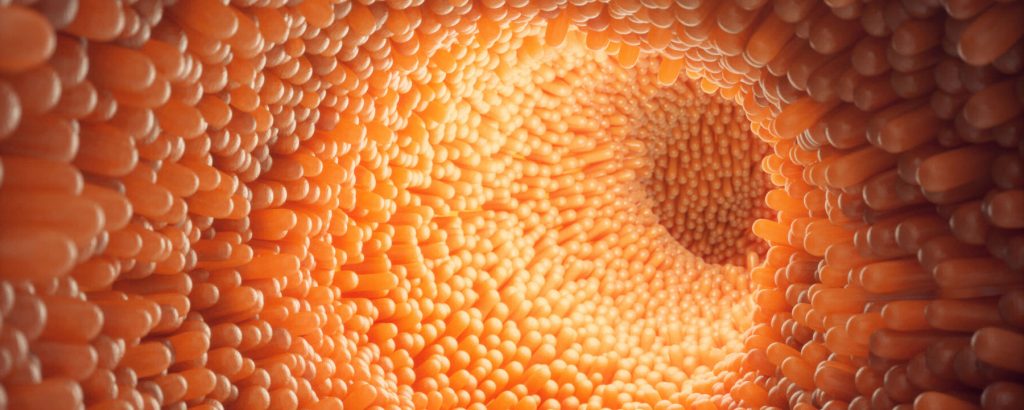EDITOR’S CHOICE IN MICROBIOLOGY
The paper
Y. Teng et al., “Plant-derived exosomal microRNAs shape the gut microbiota,” Cell Host Microbe, 24:637–52, 2018.
When Huang-Ge Zhang was younger, his parents would often make him ginger tea when he was ill. Now, as a microbiologist at the University of Louisville in Kentucky, Zhang investigates the mechanisms through which ginger and other edible plants might affect health.
In previous studies, he had found that exosome-like nanoparticles (ELNs)—small extracellular vesicles that often contain RNA—derived from plants such as broccoli and ginger can help prevent alcohol-induced liver damage and artificially induced colitis in mouse models. Recently, when he sequenced ginger-derived ELNs (GELNs), he found that they contained many microRNAs. This made him wonder whether the edible plant RNA could be taken up by gut bacteria and drive expression of bacterial genes—something that human fecal microRNAs have been shown to do in mice….







